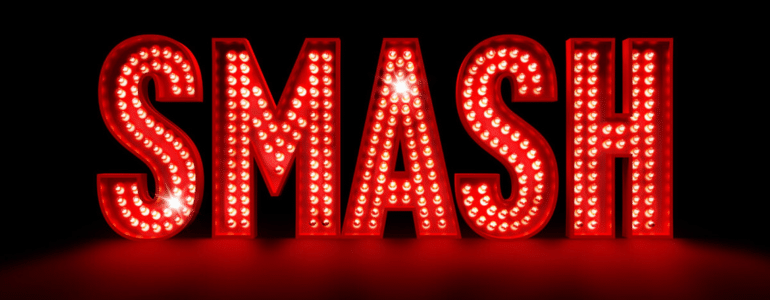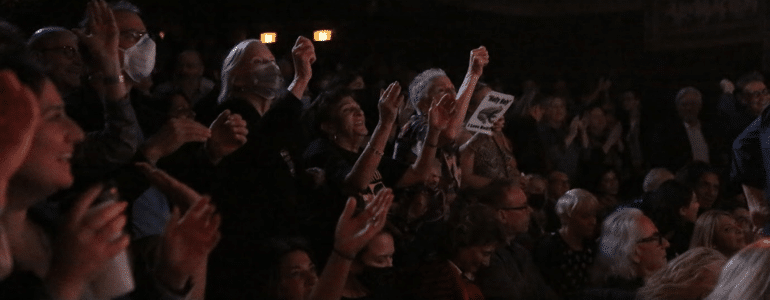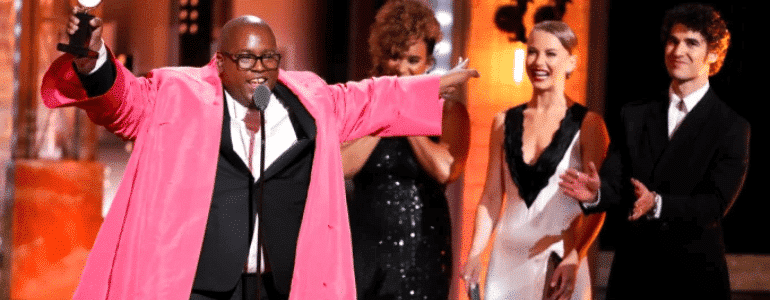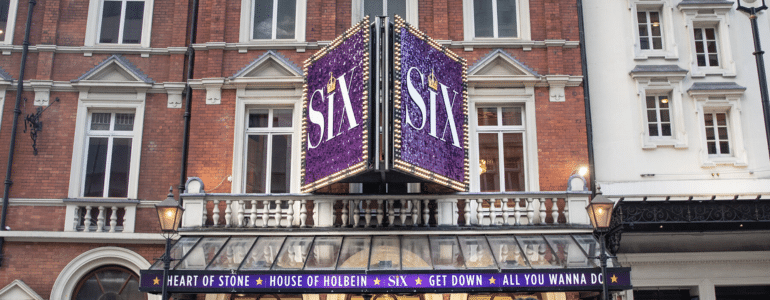Merch madness means you’re mad if you don’t have merch.
I’ve worked on some stinkers of shows.
And you know what? No matter how short the run, we’ve always sold some t-shirts.
T-shirts and other pieces of merch are social proof badges that audience members can showcase in their own communities which elevate their status. How high that status goes depends on the show and the value of the brand (Wicked = high, In My Life = low).
Thanks to the high price of theater tickets, getting a buyer to tack on a $20 t-shirt is easier than in other industries (how many times have you seen a merch stand selling $20 t-shirts outside a movie theater?). Some merch buyers may subconsciously want to demonstrate to the public that they were able to afford that ticket. Others may feel the need to demonstrate how passionate they are about a show. (Theater has a way of creating some passionate people. Need an example? Watch the YouTube of Jared’s Broadway Musical Museum Apartment below.)
In other words . . . Got merch? If the answer is no, then get it.
I don’t care how big or small your show or your theater is, you should have a merch line. You don’t have to have a perfume line, but at the very least you should have a t-shirt and a button (I always advise merch sellers to have at least one less-than-$5 item for the budget-conscious consumer that still wants to buy).
Profit margins for merch are high, so take advantage of it. A Company Manager friend of mine once worked on a flop that ran out of money before the show finished its run. He had no money in the bank to load-out the show! How did he pay the crew for the load-out? He paid them in cash out of the merch sales . . . and they got everything out and everyone paid.
Thanks to the plethora of t-shirt sellers now available to you online, and to the low minimums now required for purchase (check out CafePress for the simplest of stores), it’s truly possible for everyone to make money selling merch . . . and that money can be used to offset your production and operating costs.
Which begs the question . . . if merch is almost always a money maker . . . why do Broadway shows outsource the merch to companies that only pay them a royalty?
Shouldn’t shows work the small startup costs necessary to operate a simple merch company into the capitalization of a show? Isn’t that ancillary revenue stream a good diversification for the show and therefore a benefit to the investors?
I think you know the answer.
Podcasting
Ken created one of the first Broadway podcasts, recording over 250 episodes over 7 years. It features interviews with A-listers in the theater about how they “made it”, including 2 Pulitzer Prize Winners, 7 Academy Award Winners and 76 Tony Award winners. Notable guests include Pasek & Paul, Kenny Leon, Lynn Ahrens and more.















